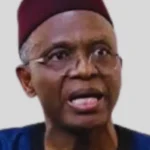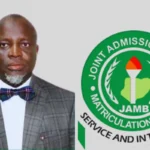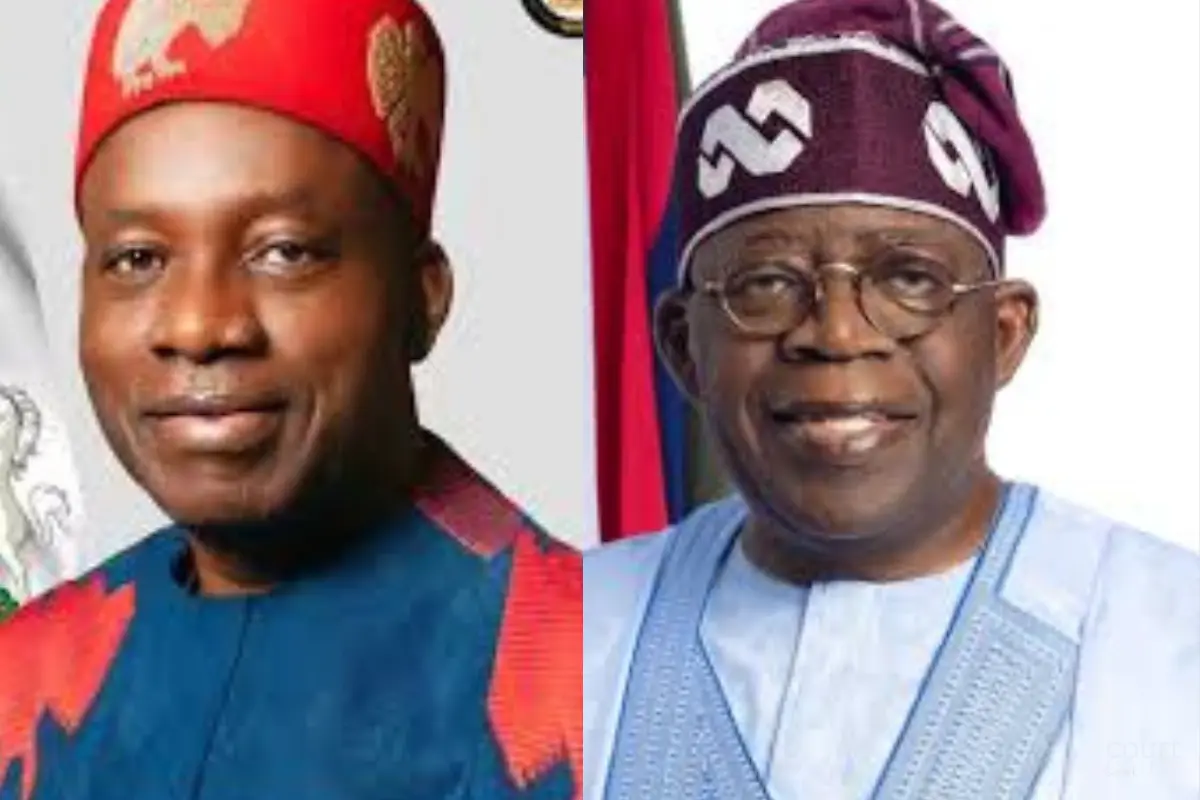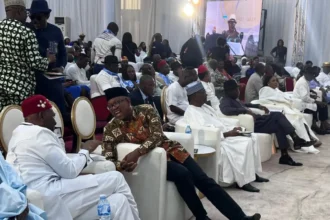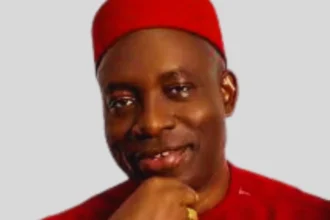In a damning verdict of modern autocratic regimes, the Organized Crime and Corruption Reporting Project (OCCRP) has named Bashar al-Assad, the deposed Syrian leader, as its 2024 “Person of the Year in Organized Crime and Corruption.” Assad’s ouster earlier this year marked the end of a regime notorious for brutality, organized crime, and systemic corruption.
The award recognizes individuals who have caused significant harm globally through corruption and organized crime. Assad stood out for his “unimaginable dimensions of crime and corruption,” as noted by Daraj.com co-founder and contest judge Alia Ibrahim. Assad’s legacy includes mass human rights violations, environmental destruction, and the proliferation of drug trafficking networks.
Assad inherited power in 2000 following the death of his father, Hafez al-Assad, and initially promised political liberalization. However, his rule quickly descended into authoritarianism. The 2011 Syrian uprising, part of the Arab Spring, challenged his grip on power and escalated into a devastating civil war.
Over his tenure, Assad’s forces have been accused of crimes against humanity, including mass detentions, chemical weapon attacks, and widespread torture. Syria also descended into a narco-state, with Captagon drug production becoming a significant source of revenue for the regime. An OCCRP investigation revealed how Assad’s trafficking networks clashed with security forces in Jordan and Lebanon, destabilizing the region.
Assad fled Syria earlier this year, reportedly with tens of billions of dollars in looted wealth, leaving behind a nation ravaged by war, economic collapse, and corruption.
In an unprecedented move, the OCCRP also awarded a “Lifetime Non-Achievement Award” to Teodoro Obiang Nguema Mbasogo, President of Equatorial Guinea. Obiang, who has ruled since a 1979 coup, is accused of extreme corruption, squandering the country’s oil wealth, and perpetuating a regime of fear and repression.
“Through fear, repression, and corruption, Teodoro Obiang has created a dynasty of wealth and impunity,” said Ghanaian journalist and judge Anas Aremeyaw Anas. Obiang’s influence, noted Anas, is spreading across Africa, with other leaders emulating his model of authoritarianism.
Assad and Obiang were not the only leaders under scrutiny. This year’s finalists included:
- President of Kenya William Ruto
- Former President of Indonesia Joko Widodo
- President of Nigeria Bola Ahmed Tinubu
- Former Prime Minister of Bangladesh Sheikh Hasina
- Indian businessman Gautam Adani
Kenyan President William Ruto received an unprecedented number of nominations following public outrage over corruption and government mismanagement. Young Kenyans, frustrated by rising unemployment and controversial policies, staged mass protests demanding Ruto’s resignation, often met with violent crackdowns by security forces.
Indian tycoon Gautam Adani also drew nominations, with critics citing his close ties to Indian Prime Minister Narendra Modi and allegations of cronyism in securing lucrative business deals, including an airport project in Kenya.
OCCRP Publisher Drew Sullivan highlighted the devastating impact of corruption on global stability. “These corrupt governments violate human rights, manipulate elections, plunder natural resources, and ultimately create conflict from their inherent instability,” he stated. Sullivan warned of dire consequences for nations led by corrupt leaders, predicting either violent collapse or bloody revolution as the likely outcomes.
Despite receiving the most nominations, Ruto did not secure the award, with judges citing Assad’s unmatched role in creating chaos both within Syria and across the region as the deciding factor.
Assad’s selection as the OCCRP’s “Person of the Year” serves as a stark reminder of the destructive power of unchecked authoritarianism and corruption. As the world grapples with the aftermath of his regime, the broader challenge of addressing systemic corruption remains critical to fostering global stability and human rights.





